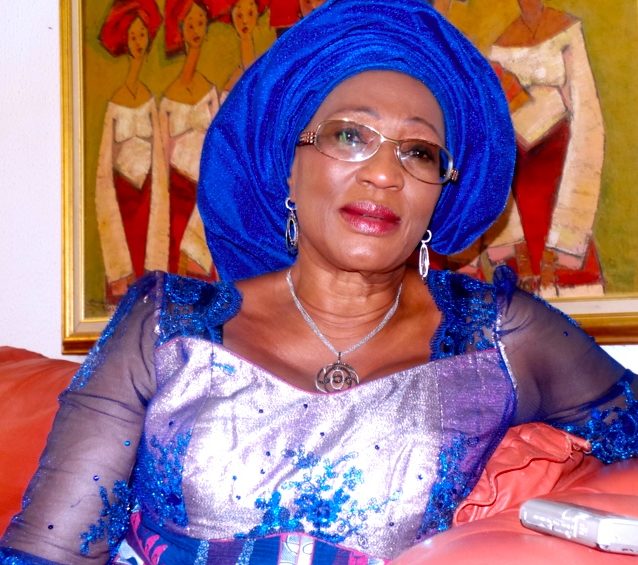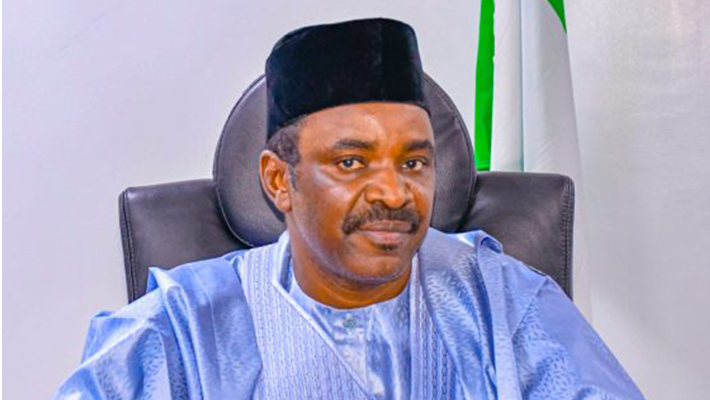Established in 1999 following Nigeria’s transition to democracy, the Ministry of Transportation manages the nation’s transport systems, including roads, railways, airports, and waterways.
The ministry works to ensure Nigeria’s transportation network is safe, efficient, and available to everyone. It also focuses on building and improving transport infrastructure to boost economic growth.
Nigeria’s Ministers of Transportation
| No | Name | Term Start | Term End | Party |
|---|---|---|---|---|
| 1 | Kemafo Nonyerem Chikwe | 1999 | 2001 | PDP |
| 2 | Ojo Maduekwe | 2001 | 2003 | PDP |
| 3 | Abiye Precious Sekibo | 2003 | 2007 | PDP |
| 4 | Diezani Agama | 2007 | 2008 | PDP |
| 5 | Ibrahim Bio | 2008 | 2010 | PDP |
| 6 | Yusuf Sulaiman | 2010 | 2011 | PDP |
| 7 | Idris A. Umar | 2011 | 2015 | PDP |
| 8 | Rotimi Amaechi | 2019 | 2022 | APC |
| 9 | Mu’azu Jaji Sambo | 2022 | 2023 | APC |
| 10 | Sa’idu Ahmed Alkali | 2023 | Present | APC |
Departments in Nigeria’s Ministry of Transportation
The Ministry of Transportation in Nigeria operates through 15 key departments:
- Press and Public Relations
- Rail Transport Services
- Road Transport & Mass Transit Administration
- Engineering Services
- Transport Planning & Coordination
- Special Duties
- Human Resources Management
- Finance and Accounts
- Reform Coordination & Service Improvement
- Procurement
- General Services
- Internal Audit
- Legal Services Unit
- Public Private Partnerships Unit
- Survey & Hydrographics Unit
Agencies Overseen by the Ministry of Transportation
The following agencies operate under the Ministry of Transportation in Nigeria:
- Nigerian Railway Corporation
- Council for Regulation of Freight Forwarding of Nigeria
- Nigerian Institute of Transport Technology
- Maritime Academy of Nigeria
- Nigerian Maritime Administration and Safety Agency
- Nigerian Shippers’ Council
- Nigerian Ports Authority
- National Inland Waterways Authority
Who Was Nigeria’s First Minister of Transportation?
Kema Chikwe was Nigeria’s first Minister of Transportation, serving from June 1999 to 2001. She played a vital role in managing and improving the nation’s transport systems, including roads, railways, and more. With a background in education and media, Chikwe brought unique skills to her role.

Chikwe studied French and earned a doctorate in curriculum education from the University of Nigeria, Nsukka. Before her ministerial role, she worked as a radio journalist, editor, and publisher, which honed her communication and leadership abilities.
After her tenure as Transportation Minister, Chikwe served as the Federal Minister of Aviation from 2001 to 2003, where she continued to drive infrastructure improvements. A key figure in the People’s Democratic Party (PDP), she also served as Nigeria’s ambassador to Ireland and was involved in various non-governmental organizations.
Interestingly, Chikwe is also known as the mother of Nigerian rapper Naeto C, connecting her to the country’s pop culture. Her contributions to Nigeria’s transportation and aviation sectors remain significant.
Who Is Nigeria’s Current Minister of Transportation?
Sa’idu Ahmed Alkali is Nigeria’s current Minister of Transportation, appointed by President Bola Ahmed Tinubu on August 16, 2023. A seasoned politician from Gombe State, Alkali has a strong background in public service.

Born on February 12, 1969, Alkali represented Gombe North as a Senator, first elected in 2010 following the death of the previous senator. He secured re-election in 2011 and switched from the People’s Democratic Party (PDP) to the All Progressives Congress (APC) in 2019, winning another term.
Despite his political successes, Alkali faced setbacks, losing the 2023 election to former governor Ibrahim Hassan Dankwambo, whom he had previously defeated in 2019. Alkali holds a Bachelor’s degree in Economics and served as Gombe State’s Commissioner of Information under Governor Danjuma Goje.
Known for his dedication to public service, Alkali holds the honorary title of Sarkin Gabas Dukku and continues to shape Nigeria’s transportation policies.
